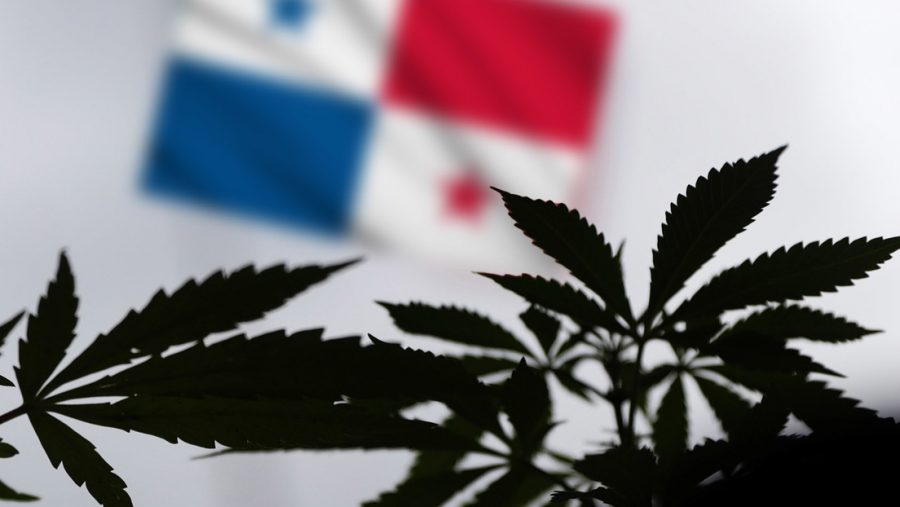Panama approves medical cannabis bill after five-year fight for patient access
On August 30, the National Assembly of Panama voted to legalize medical cannabis. Following a tedious five-year struggle, Panama’s national assembly passed Bill 153.
Assembly members rejoiced “for a day without pain” — the initiative’s slogan. The bill’s approval was confirmed during its third debate.
Following clearance by the Environment Commission in August, Panama’s medical cannabis bill will proceed to a floor vote. Industry experts believe that it will receive harsh opposition from the Legislative Assembly’s evangelical bloc.
The bill must be signed into effect by President Laurentino Cortizo of the center-left Democratic Revolutionary Party (PRD) for it to officially become law. His signature is expected imminently, in spite of a prohibitionist campaign from the conservative political opposition.
About Panama’s medical cannabis law
Based on Panama’s new medical cannabis law, commercial cannabis use and homegrown cannabis will be prohibited. Officials will be required to import the plant in liquid drop and pill form. Moreover, Panama’s Ministry of Health will be tasked with distributing cannabis-based medications to licensed pharmacies.
The bill to legalize medical cannabis in Panama was approved with 44 votes in favor and none against. However, the National Assembly holds seven seats, and the inconsistency of 27 votes may be due to the barring of coronavirus-infected lawmakers in the chamber and/or abstentions.
The law’s adoption will see the establishment of a Cannabis Technical Council, with two patient group representatives expected to provide program oversight. A National registry of qualified medical cannabis consumers is yet to be formed.
In order to obtain a license to sell medical cannabis in Panama, pharmacies are required to pass an in-depth site inspection and apply for a valid permit. Moreover, seven initial licenses will be awarded for the domestic production – which will be carried out under strict rules – and importation of cannabis-based medicines.
Conservatives are not satisfied with Panama’s cannabis law
Since as far back as 2017, medical cannabis measures have been pending review in Panama’s unicameral National Assembly. Prior to the recent vote, advocacy group for epilepsy patients, Fundación LUCES Panama, provided testimony before Panama’s Ministry of Health supporting patient’s rights to cannabis.
“This law will improve the quality of life for patients. Some epilepsy patients are taking two or three medications, and they still don’t work. Medical cannabis provides an alternative that can relieve their pain and suffering, and that of their families,” said SaUniversity of Panama professor Dr. Sandra Carrillo, who criticized the testimony. “There are many Panamanians suffering from conditions that other medicines have not been able to alleviate.”
Notwithstanding some stiff opposition, National Assembly president Crispiano Adames (PRD) publicly declared his support for the final version of Panama’s medical cannabis law — Law 153.








